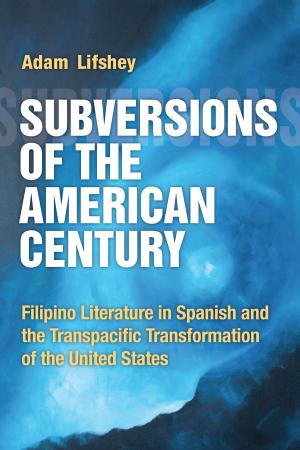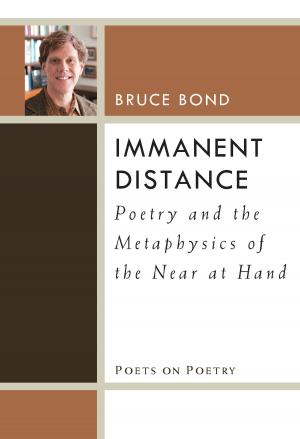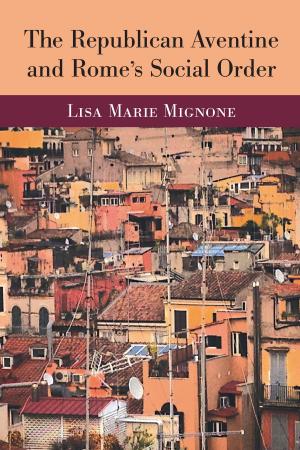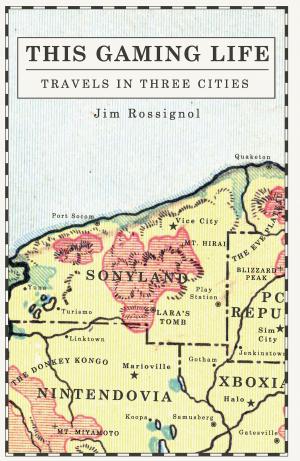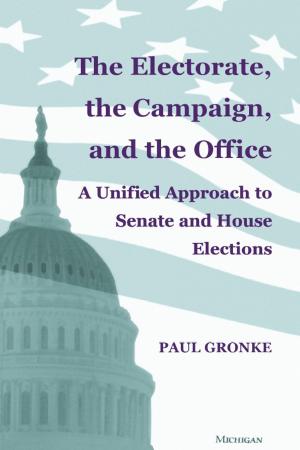Ecstatic Émigré
An Ethics of Practice
Fiction & Literature, Literary Theory & Criticism, Poetry History & Criticism, Poetry| Author: | Claudia Keelan | ISBN: | 9780472123827 |
| Publisher: | University of Michigan Press | Publication: | January 30, 2018 |
| Imprint: | University of Michigan Press | Language: | English |
| Author: | Claudia Keelan |
| ISBN: | 9780472123827 |
| Publisher: | University of Michigan Press |
| Publication: | January 30, 2018 |
| Imprint: | University of Michigan Press |
| Language: | English |
Most think of an émigré as one who leaves her native land to find home in another. Claudia Keelan, in essays both personal and critical, enlists poetic company for her journey, engaging both canonical and common figures, from Gertrude Stein to a prophetic Las Vegas cab driver named Caesar. Mapping her own peripatetic evolution in poetry and her nomadic life, she also engages with Christian and Buddhist doctrines on the virtues of dispossession.
?
Ecstatic Émigré pays homage to poets from Thoreau and Whitman to Alice Notley, all of whom share a commitment to living and writing in the moment. Keelan asks the same questions about the growth of flowers or the meaning of bioluminescence as she does about the poetics of John Cage or George Oppen. Her originality is grounded by the ways in which she connects poetic principles with the spiritual concepts of via negativa demonstrated both in St. John of the Cross and Mahayana Buddhism. In addition, her essays demonstrate an activist spirit and share a commitment to the passive resistance demonstrated in Martin Luther King, Jr.’s concept of the “beloved community” and philosopher Simone Weil’s dedication to “exile.”
Most think of an émigré as one who leaves her native land to find home in another. Claudia Keelan, in essays both personal and critical, enlists poetic company for her journey, engaging both canonical and common figures, from Gertrude Stein to a prophetic Las Vegas cab driver named Caesar. Mapping her own peripatetic evolution in poetry and her nomadic life, she also engages with Christian and Buddhist doctrines on the virtues of dispossession.
?
Ecstatic Émigré pays homage to poets from Thoreau and Whitman to Alice Notley, all of whom share a commitment to living and writing in the moment. Keelan asks the same questions about the growth of flowers or the meaning of bioluminescence as she does about the poetics of John Cage or George Oppen. Her originality is grounded by the ways in which she connects poetic principles with the spiritual concepts of via negativa demonstrated both in St. John of the Cross and Mahayana Buddhism. In addition, her essays demonstrate an activist spirit and share a commitment to the passive resistance demonstrated in Martin Luther King, Jr.’s concept of the “beloved community” and philosopher Simone Weil’s dedication to “exile.”





